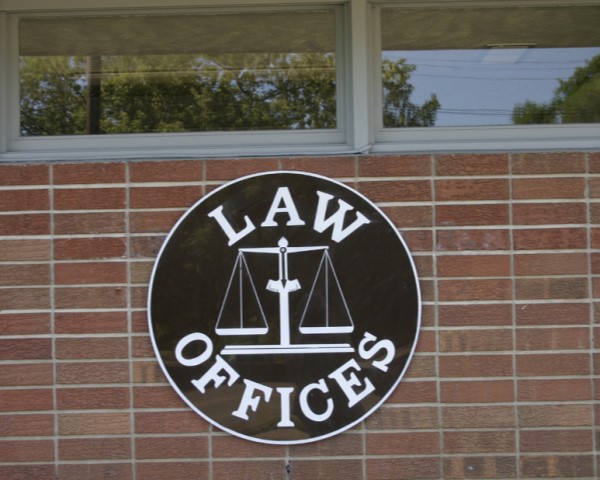
Legal: Training & Continuing Education
Continuing education is the key to advancing a law career. Simply by entering the legal profession, you have already committed to a life-long continuing education experience. New legislation, changing regulations and mandatory CLE requirements for state licensure renewal keep professionals in the field constantly eyeing the books.
Whether employed as a law clerk, researcher, firm partner or paralegal, career improvement starts through knowing where and how to pursue enlightenment.
Continuing Education for Attorneys
State Bar Associations
Each state houses a bar association, which offers a variety of continuing legal education (CLE) programs. Most states require professionals in the field of law to complete a certain number of course hours every few years in order to maintain their licenses. The American Bar Association website has links to all state bars along with their individual contact information.
Practising Law Institute (PLI)
This education provider has been in existence for more than 75 years. PLI programs aim to provide up-to-date legal techniques designed to provide a competitive professional edge. The organization offers live seminars throughout the year, each targeting specific sectors of the legal industry. PLI also provides online CLE, treatises, learning tools such as DVDs and MP3s, live Webcasts, handbooks and more.
Since most states require law professionals to fulfill mandatory continuing legal education credentials, PLI plans courses accordingly. Moreover, the organization provides lower priced programs geared toward helping newly admitted attorneys.
The largest voluntary professional organization in the world, the ABA strives to provide ongoing educational opportunities to its members, as well as assist its members in satisfying CLE requirements. To that end, the American Bar Association Center for Continuing Legal Education (ABA-CLE) is the group's primary resource.
Offering topnotch products and programs with nationwide applications, the Center, governed by the ABA Standing Committee on Continuing Legal Education, works closely with ABA experts, as well as with professionals on national and international levels. The following information is a sampling of what the ABA-CLE provides:
- In-Person Event CLE: In-person CLE programs range from standalone one-hour programs to multi-day programs with many sessions to CLE sessions at ABA entity meetings. The ABA offers many events and some programs or sessions are not eligible for credit. Please view a specific program's description page or marketing materials for information on CLE accreditation for that particular program.
- Live Webinar CLE: Live CLE programs delivered via online webinar or teleconference. Please note the ABA delivers many webinars and teleconferences and some are not be eligible for credit. Please view a specific program's description page or marketing materials for information indicating a specific program is eligible for credit.
- On-Demand CLE: Recorded CLE programs provided on-demand as streaming audio or video presentations. Online courses require an active Internet connection to access. Please note the ABA offers audio and video products and some are not eligible for credit. Please view a specific program's description page or marketing materials for information indicating a specific program is eligible for credit.
Continuing Education for Paralegals
Paralegals are an essential component of the legal system. They need to keep their skills and legal knowledge current, just as attorneys do. Certified paralegals may need to meet state continuing legal education (CLE) requirements for maintaining certification, which may vary from state to state.
The National Association of Legal Assistants (NALA) offers CLE courses both online and at its live education convention, through webinars and through self-study. Discounts are offered to NALA members.
Similarly, The National Federation of Paralegal Associations (NFPA) offers CLE opportunities through online courses, seminars from various education providers, webinars and teleconferences.
Not all states require routine CLE for paralegals, but keeping certifications current may require periodic approved credits. A certified paralegal should check with the state of certification for specific renewal requirements.

 How AI Can Help Your Business
How AI Can Help Your Business